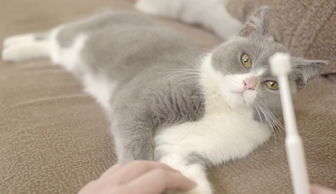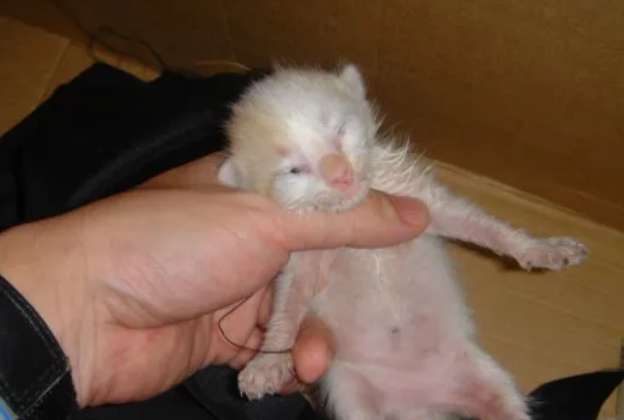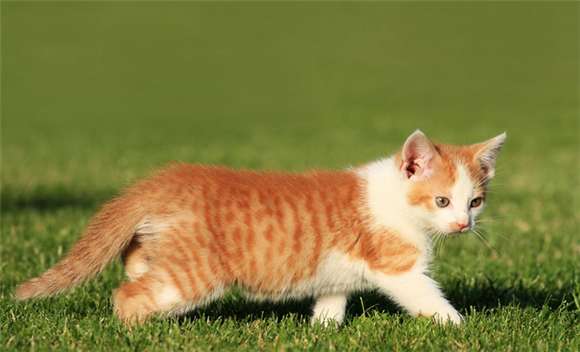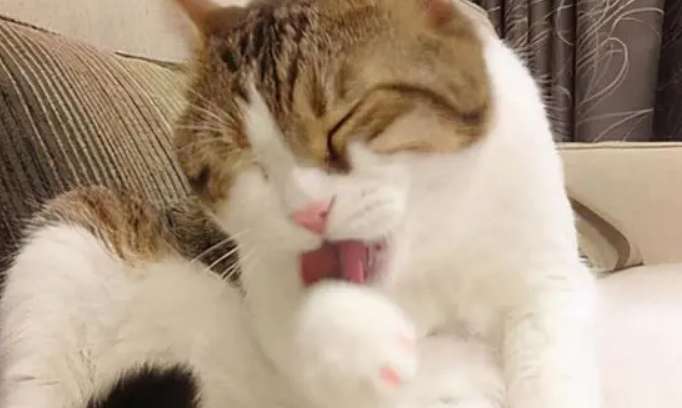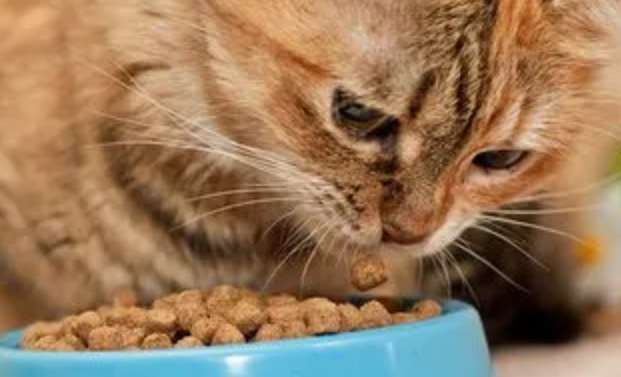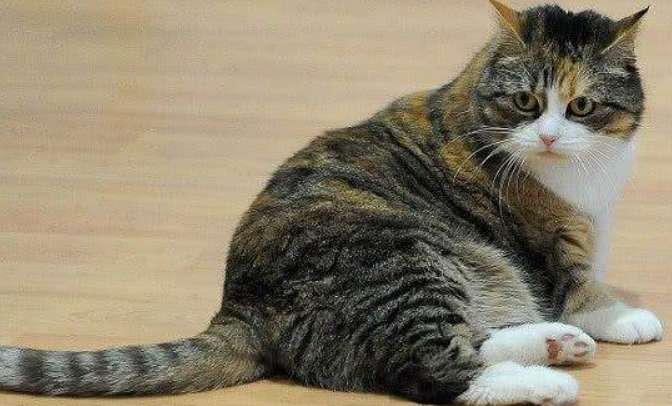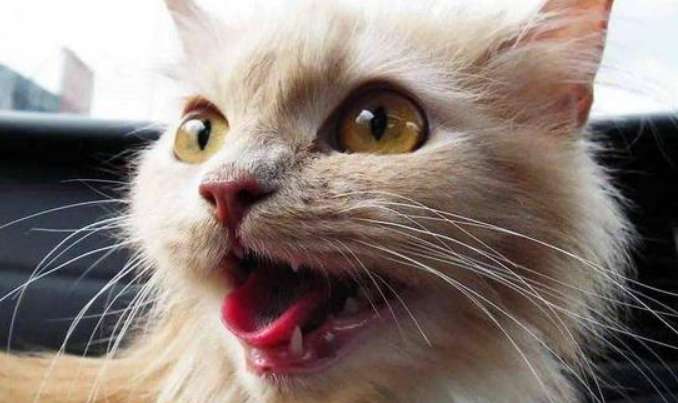Anyone who has ever raised a pet cat knows that bad teeth in cats is a big problem. Just like human dental problems, in order to protect oral and dental health, we brush our teeth morning and evening and have regular oral examinations. But when it comes to cats, they definitely don’t take care of their oral health on their own. Whether a cat's teeth are good or bad depends entirely on how parents take care of them.
Precautions for cat teeth cleaning:
1. Anesthesia: Cat There are two ways of anesthesia, injection anesthesia and inhalation anesthesia. If you are in a big city with conditions, it is recommended to use inhalation anesthesia. Inhalation anesthesia is by far the safest anesthesia method. Cats can recover from anesthesia after surgery. Wake up in state. If the pet hospital in your city does not have inhalation anesthesia, it is recommended to use imported injectable anesthesia as much as possible. Do not eat or drink 10 hours before teeth cleaning and no water for 4 hours. If it is a cat, cardiac and other examinations must be performed before anesthesia.
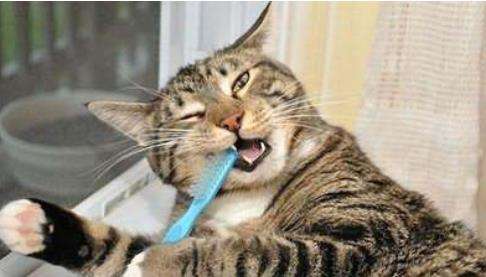
2. Teeth cleaning process: Nowadays, teeth cleaning is usually done with an ultrasonic vibration scaler, which also sprays water to cool down the teeth. Clean, so when cleaning the cat’s teeth, keep the head lower than the body to avoid water being inhaled into the lungs and causing foreign body pneumonia. Generally speaking, the veterinarian will notice this. If the veterinarian does not pay attention, the owner must remember to keep the cat's head lower than the body.
3. Extract bad teeth: If the cat has severe dental calculus, it will have bad teeth and loose teeth. For such teeth, the owner should not feel sorry for them and should pull out the bad teeth to avoid infecting other oral cavity. disease.
4. Fasting after surgery: Cats should fast for 24 hours after teeth cleaning, which is beneficial to the recovery of gums.
5. Medication: After scaling your teeth, you should use anti-inflammatory drugs for a period of time and apply them locally to eliminate inflammation and restore the health of your gums.
6. Since teeth cleaning requires anesthesia, and anesthesia will cause certain damage to the cat’s body, you should try your best to protect the teeth after teeth cleaning. Do not perform dental cleanings too frequently. You can also perform dental cleanings on your cat during other surgeries to reduce the number of times the cat needs anesthesia.
Daily care for cats’ teeth:
1. Develop a good habit of cleaning teeth: Just like people, regular cleaning of teeth will reduce the adhesion of plaque bacteria, so When the cat is young, it is necessary to clean the cat’s teeth.good habit. There are already toothpastes and toothbrushes on the market for brushing cats’ teeth. Be sure to use the ones specially designed for cats and not those for humans. Families without conditions can use gauze dipped in light salt water to clean the cat's teeth. Once a week is enough.
2. Cats should try to eat as little soft food as possible such as canned food and Miaoxianbao, let alone rice mixed with meat. Rice is very easy to stick to the cat’s teeth. Cats’ staple food is mainly cat food, supplemented by boiled or steamed meat. When feeding cats, do not break the meat into small pieces. Instead, feed the cats large pieces of meat. The cats can eat the meat while eating it. It has a very good cleaning effect on teeth.
3. There are already some snacks and gadgets for cat teeth cleaning on the market. It is recommended that qualified owners prepare these for their cats.
4. When you find that your cat has oral problems, go to the hospital for check-up in time. Elderly cats should go to the hospital for dental check-ups regularly.
